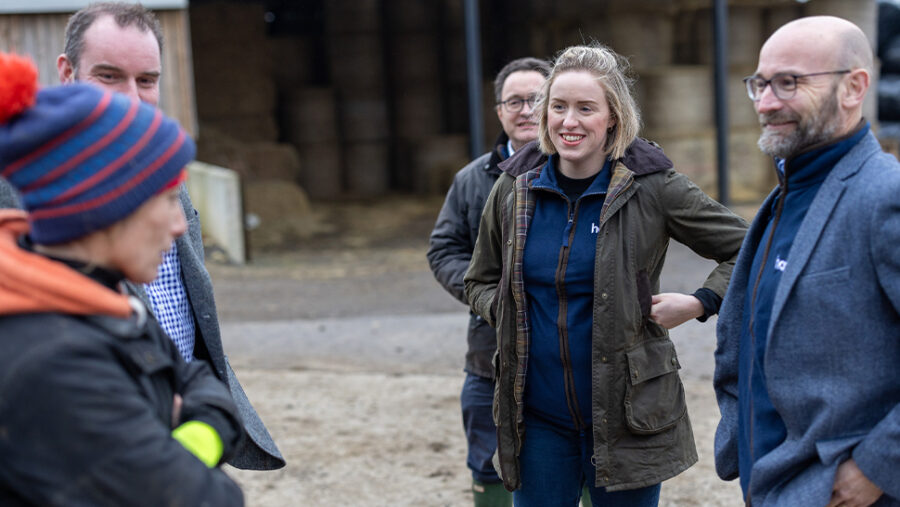

The government has unveiled a new £220m fund for new technology in the agriculture sector in order to help boost productivity. The funding, which is currently restricted to England, will go towards innovation and technology schemes which aim to help farmers increase productivity.
Such technology includes robotics, roof-top solar panels and agricultural research. Robotics of this nature can accurately predict strawberry yields and optimise harvesting schedules.
While the increased funding has been welcomed in the farming community, there are understandably questions around whether the implementation of robotics to harvest crops will reduce the need for workers in the field, both for migrants and those in the UK. The agricultural sector has played a prominent part in the UK employment sector for hundreds of years.
However, agriculture, like all other business, has to move with the times and embrace new technology, diversifying where it is practical to do so. This involves investing in the technology available, understanding it and using it to best effect. AgriTech could be the solution to the post-Brexit shortage of agricultural workers in the UK, helping drive forward production while limiting the costs associated with visas and work permits for migrant agricultural workers.
On the other hand, with this in mind, the cost of buying and implementing new technology and research cannot be underestimated – even with the new funding from the government.
Rory Hutchings, Partner and Head of Agricultural Litigation, said: “The government’s announcement today at the NFU conference has been welcomed by the agricultural and tech communities alike. We could see a healthy balance of old and new – utilising agricultural workers and providing them with employment while technology continues to evolve and agricultural professionals continue to adapt to that technology.
“When such a time comes that agricultural workers aren’t needed on the farm, their roles could be repurposed elsewhere – perhaps even in the testing of such technology; they know their jobs best.”










